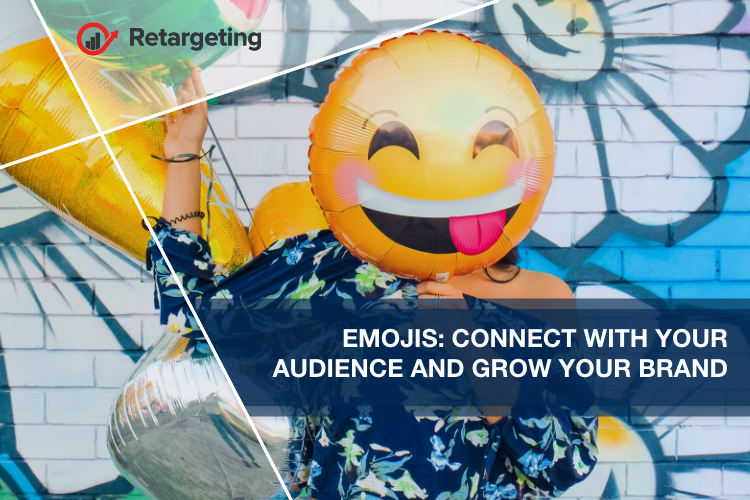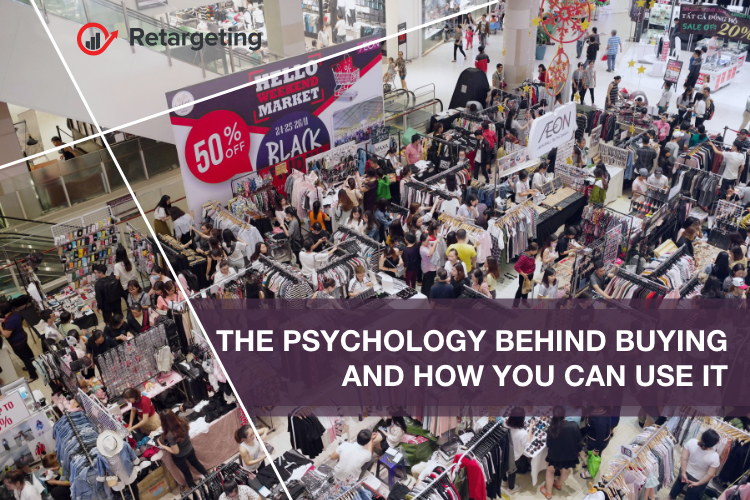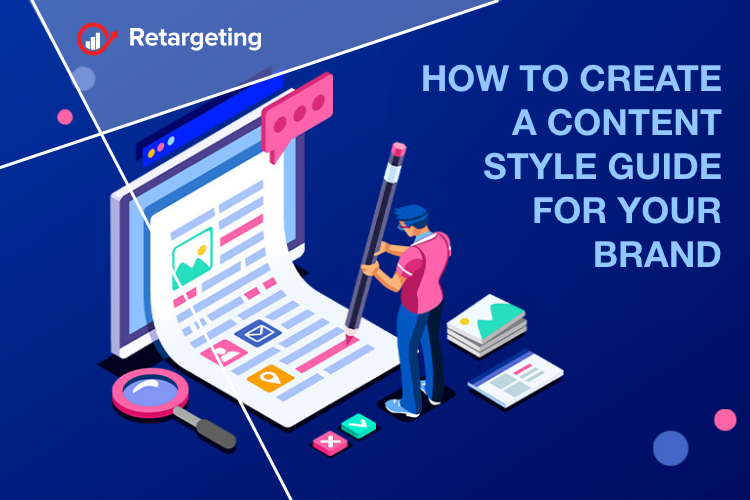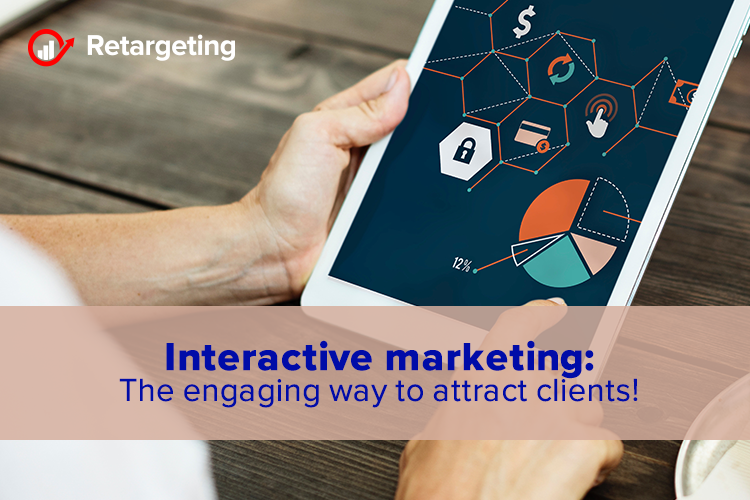
by Andreea Handoca | Jul 15, 2019 | Growth Strategies
Emojis are fun, right? They can add a blip of color and a dash of personality to even the most boring email. They can spruce up a social media post. They can even convey certain messages and emotions better than words.

by Andreea Handoca | Jun 10, 2019 | Growth Strategies
People are buying and consuming more than ever before. Studies link impulse buying in general to the personality of the person, the pleasure of buying something new, and their connection with the brand. As an entrepreneur with a product to offer, you want to reach as wide of an audience as possible. In order to achieve your goal of making it big, you have to understand buyers and how psychology can drive people towards making a purchase today. Let’s take a look at the psychology behind buying in an attempt to learn why people make certain decisions. Also, let’s dive into how a business can make his business appealing to a wider audience through psychological marketing techniques. The left-digit effect One of the most common marketing tactics that we have all seen before has a name, the left-digit effect. The last time you went to the store and purchased something because it was only 19 dollars and 99 cents and not 20 dollars, you experienced the left-digit effect. Humans have an odd habit of focusing on the left digits of the price. People do this so often that marketers found a way to use it to their advantage. When you price something at 19 dollars and 99 cents instead of 20 dollars, customers will be more likely to buy. The difference is literally a penny, yes. However, the brain rationalizes the purchase as being between 10-20 dollars instead of 20-30, which makes it appear more affordable. The frequency illusion Have you ever had a friend or relative recommend a brand or product, only for you to suddenly...

by Andreea Handoca | Jun 3, 2019 | Growth Strategies
A content style guide is one of the most critical pieces of brand documentation you’ll ever create. It’s a set of guidelines and rules that break down your brand personality, and how it is and isn’t expressed through your content. It should be used by anyone who will be creating content for your brand.

by Andreea Handoca | Mar 7, 2019 | E-commerce trends
They stop by, they click around, but too many of them just leave. If you run an online store, you’d definitely like to convert more of your traffic into buyers. All online stores face a somewhat essential problem that prevents more conversions, trust! Or more specifically the lack of trust. People tend to trust things more when other people trusted them first. This is something that can be impacted in surprising ways with the smart use of social proof.

by Andreea Handoca | Mar 4, 2019 | E-commerce trends
Interactive content is a highly effective way of doing marketing. It connects users with a brand on multiple levels and provides a creative and unique experience that is personalized to each user. Which in turn lead to keeping their attention longer, increasing excitement and users will be more likely to seek it out.





